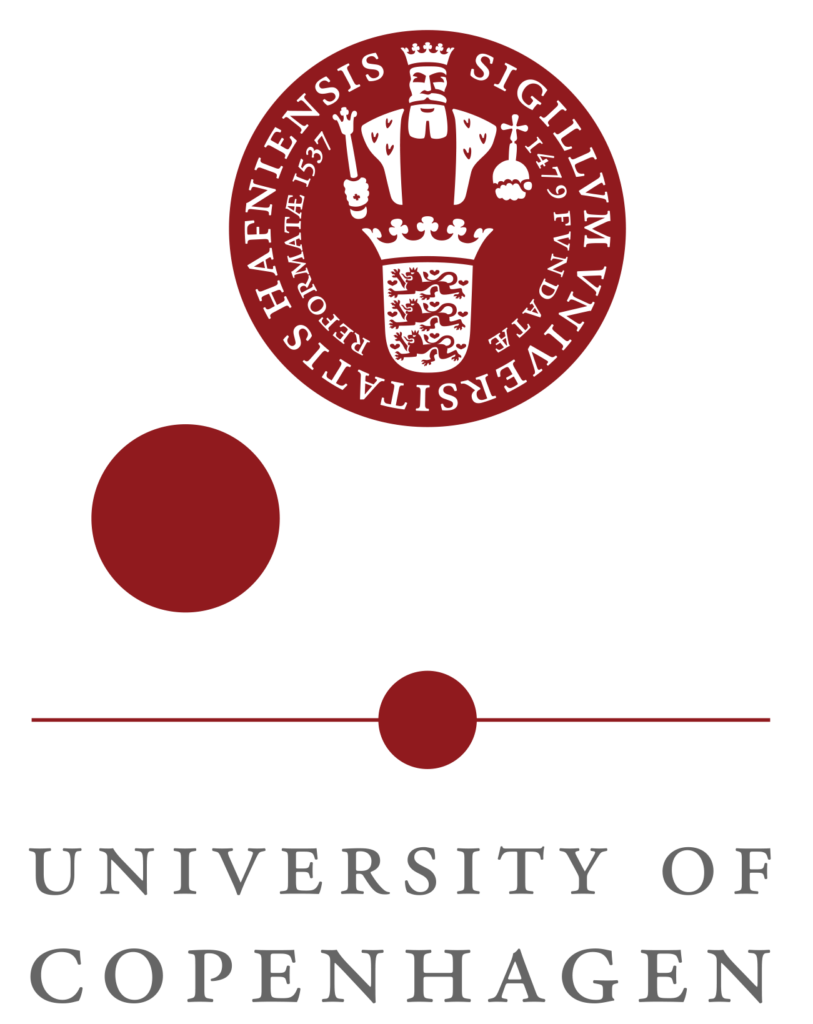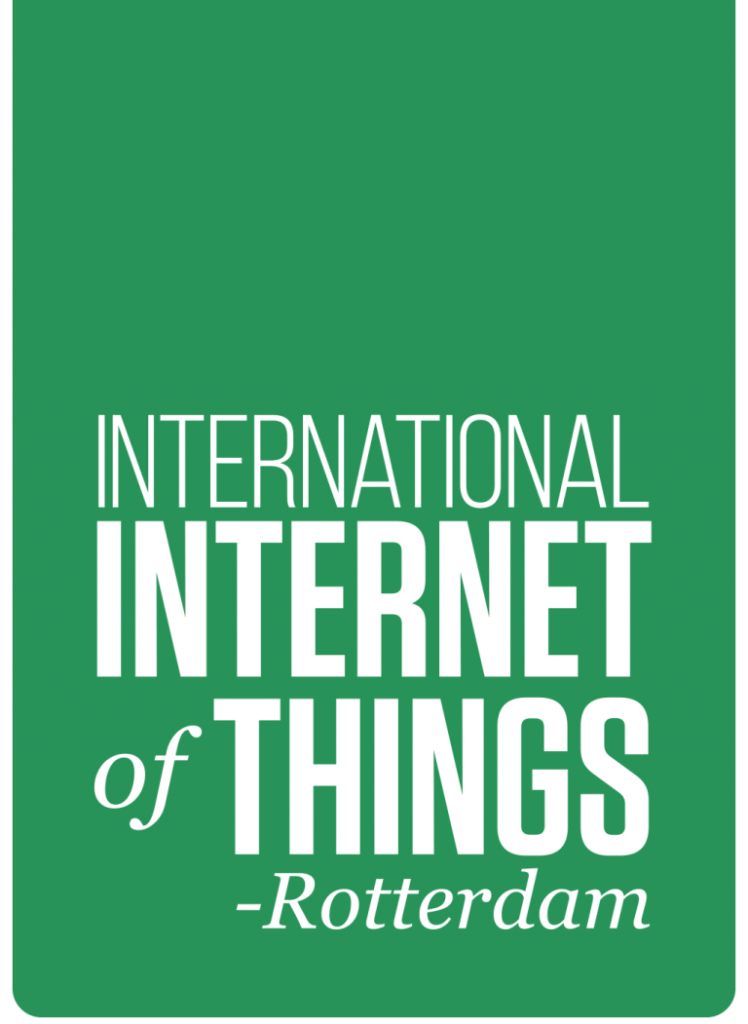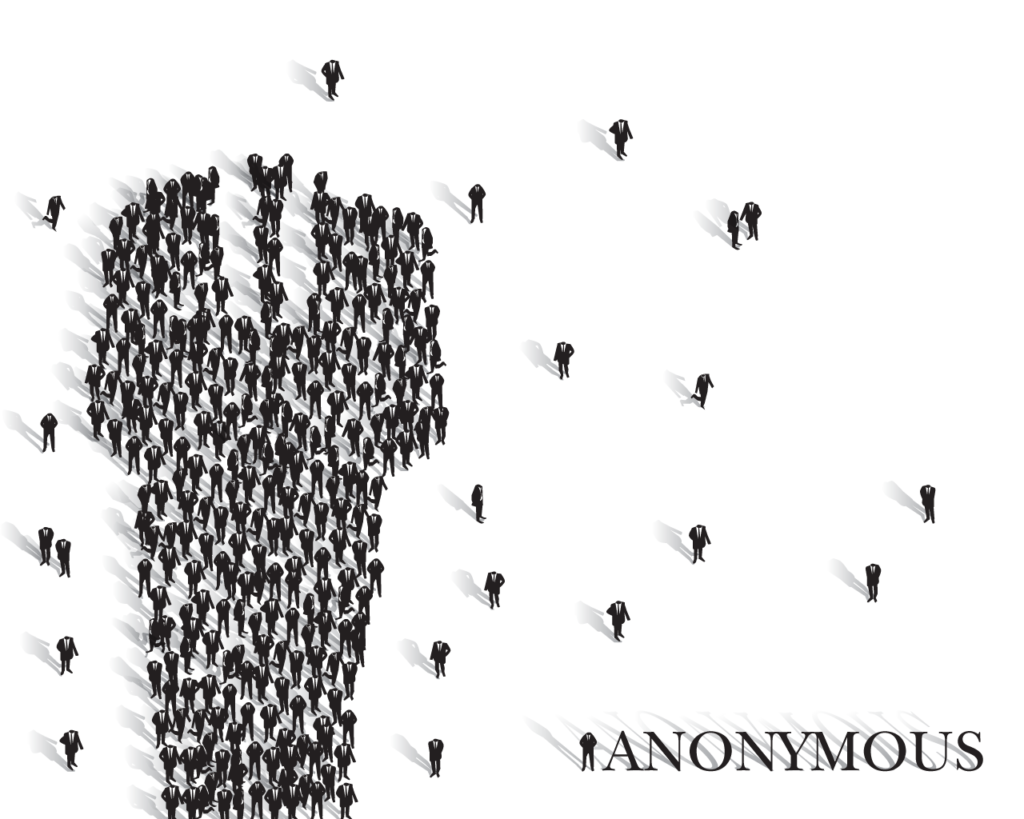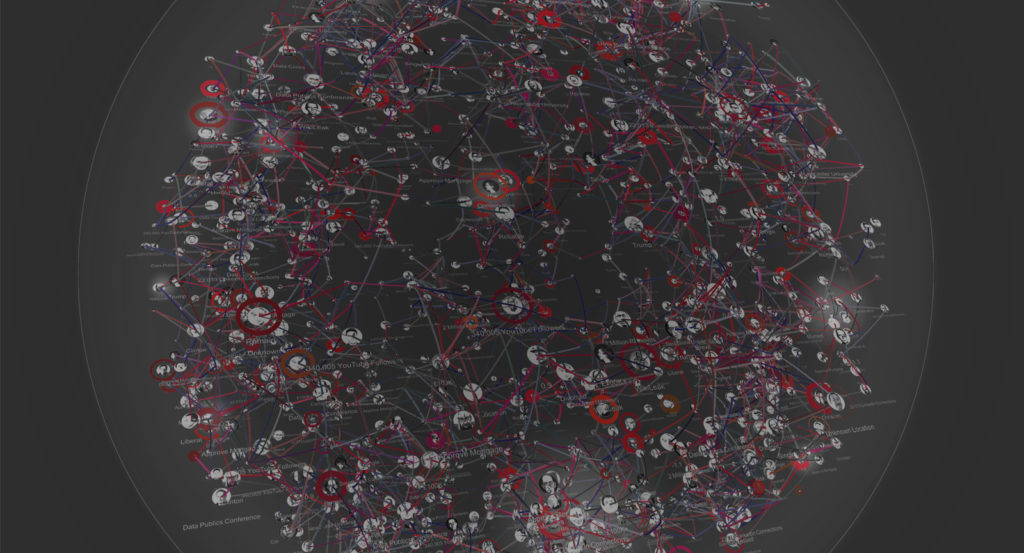This week we have Umberto Boschi joining the team for a couple of months as a research intern: Umberto Boschi is currently enrolled in New Media and Digital Culture at the Utrecht University as a MA student. He has a BA in Philosophy from the University of Pisa. His research interests vary from Blockchain technologies to the imaginary of Open Data.
Moreover, Joris van Hoboken is the newest member of the ethics board, Senior Researcher at the Institute for Information Law (IViR), University of Amsterdam. Short bio: his research addresses law and policy in the field of digital media, electronic communications and the internet, with a focus on the fundamental rights to privacy and freedom of expression and transatlantic relations. Current research includes an investigation of privacy in smartphone ecosystems, together with MIT, as well as work on the right to be forgotten and encryption policy. He is a specialist in data privacy, government surveillance through cloud computing and the regulation of internet intermediaries and algorithmic governance.
Welcome to DATACTIVE!









